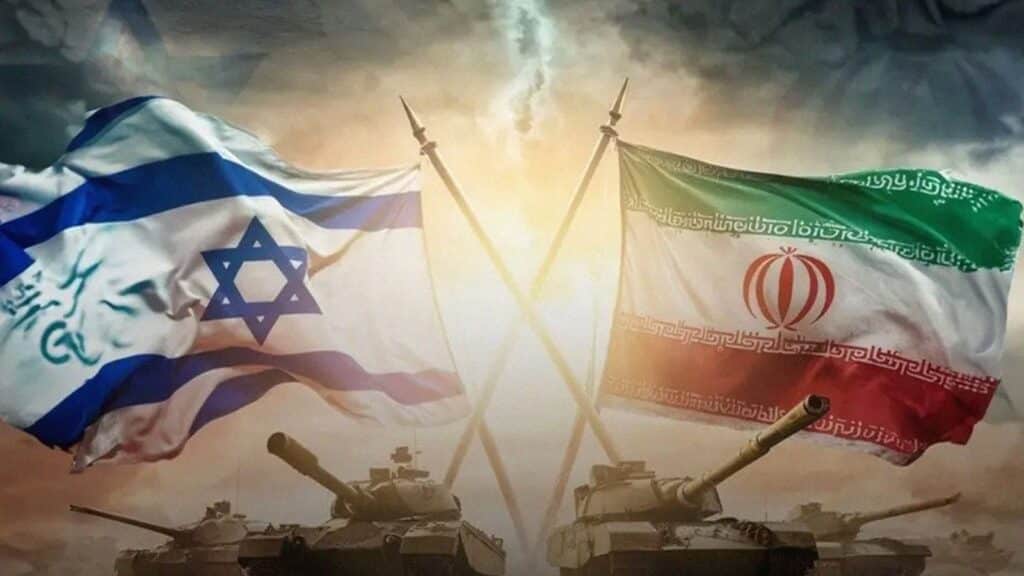Air Defense Systems
Israel’s Iron Dome is the cornerstone of its air defense network. It integrates radar tracking to identify incoming projectiles and uses interceptors to neutralize those deemed dangerous, while allowing harmless ones to land in unpopulated areas.
Iran has deployed the Azarakhsh, a short-range, low-altitude defense system featuring infrared sensors, radar, and electro-optical components. While it adds to Iran’s multi-layered defense, it lacks the real-world effectiveness and sophistication of Israel’s systems.
Manpower
Iran:
Active personnel: 610,000
Reserves: 350,000
Composition: Army (350,000), IRGC (190,000), Air Force (37,000), Navy (18,000), Air Defence (15,000)
Israel:
Active personnel: 169,500
Reserves: 465,000
Composition: Army (126,000), Air Force (34,000), Navy (9,500)
Defense Spending (2024)
Iran: $7.9 billion (10% decrease due to sanctions)
Israel: $46.5 billion (65% increase, primarily due to operations in Gaza)
Air Force Capabilities
Israel:
Combat aircraft: 345
Attack helicopters: 43
Iran:
Combat aircraft: 312 (plus 23 under IRGC)
Attack helicopters: 57
Major platforms (MiG-29, F-14A, F-4, F-5) are decades old with limited modernization
Ground Forces
Iran:
Battle tanks: 10,513
Artillery guns: 6,798
Armoured personnel carriers (APCs): 640+
Israel:
Battle tanks: 400
Artillery guns: 530
APCs: 1,190+
Naval Power
Iran:
Submarines: 17
Patrol/coastal combatants: 68
Corvettes (7), landing ships (12), landing craft (11), logistics/support ships (18)
Israel:
Submarines: 5
Patrol/coastal combatants: 49
Ballistic Missile Arsenal
Iran:
Over a dozen missile types
Range: 150 km (Tondar 69) to 2,000 km (Khorramshahr, Sejjil)
Israel:
Four missile variants
Range: 280 km (LORA) to 6,500 km (Jericho-3)
Nuclear Capability
Israel:
Estimated to possess around 90 nuclear warheads
Iran:
No confirmed nuclear weapons
Continues uranium enrichment, claiming peaceful intent
Recent US-Iran nuclear talks have failed to bridge critical differences





